Levenmouth Academy is among the schools which traditionally fare poorly in exam-based league tables.
Scotland-wide, the Fife secondary school had among the lowest percentage of leavers achieving five or more Higher passes, something reflected by the fact it has one of the highest proportions of pupils living in deprived areas.
It ranked 40th out of 43 in The Courier Schools League and 331st out of 342 in The Times Scotland School League Table 2022.
But head teacher Ronnie Ross puts helping every individual young person to achieve their personal best ahead of producing table-topping statistics in what he calls a “very, very narrow measure of young people’s attainment and achievement”.
His ultimate goal is a sustained, positive destination for every school leaver – whether that’s university, college, training or work.
Of school league tables, he said: “They don’t reflect the entirety of their (young people’s) education or learning.
“What I don’t like about league tables is the comparison that people then draw from them, not really understanding that actually they are just figures that can be manipulated and they don’t tell the whole story.
“Behind the statistics that we see around young people’s performance in schools, you have to remember that there is an individual young person behind every one.”
Success, he said, is different for everyone.
“The golden aim is that everyone leaves to a post-school destination ready for the world of work with the skills they need to get into sustained employment, and transferable skills so if they want to change their career they can.”
Inequity exists, he says, between how academic and vocational learning are viewed, and that must be broken down.
“They are both equally important and need parity of esteem.
“We need more people with vocational skills and transferable skills and that’s one of the things that exams don’t, in my view, demonstrate for young people, at all.”
As one of the largest schools in Scotland – with more than 1,600 pupils – Levenmouth Academy is able to offer a wide curriculum. It’s also colocated in Buckhaven with a campus of Fife College.
That enables it to offer a broad spectrum of vocational learning.
For example, the school has a community trades hub where young people can try out and gain qualifications in plumbing, construction, electrical engineering and the likes.
Other pupils are learning about hospitality by helping to run the cafe in a local church community centre.
Some have learned about campaigning and politics through involvement with the Levenmouth rail link project and others have learned rural skills and horticulture.
None of these things are reflected in the proportion of young people attaining the ‘gold standard’ of five or more Highers.
Schools can’t do this alone… there may be other factors getting in the way of a young person achieving the best they possibly can.”
Head teacher Ronnie Ross
The school – similar to others across Scotland – also works closely with careers advice body Skills Development Scotland and the Scottish Government’s Developing the Young Workforce to help young people into pathways which may or may not involve achieving Higher qualifications.
While nursery, primary and secondary schools all work together to overcome barriers to success, the responsibility is not education’s alone, Mr Ross said.
“The biggest factor that influences the attainment and achievement of young people definitely is the socioeconomic background of the area they are in.
“That’s well researched, that young people from areas that are most deprived find it harder to achieve and attain.
“There is an African proverb that it takes a village to raise a child, and it does.
Positive destinations for all?
“Schools can’t do this alone, there may be health factors, there may be social factors, there may be other factors that are getting in the way of a young person achieving the best they possibly can.”
And how is Levenmouth Academy progressing towards Mr Ross’s goal of positive destinations for all?
Last year 91% of its leavers went on to to positive destinations – a big increase on the 83% in 2019/20 when the pandemic struck.
Mr Ross said: “We have a journey to go on, and we are on that journey.
“We want to continue to make those improvements so we can get to the stage where we can say every young person is leaving to a positive and sustained destination with the qualifications and skills they need and we are not there yet.
“I don’t know if any school can put its hand on its heart and say it is there, but that will come.”
Read more about the latest attainment data:
Here’s how Tayside and Fife schools rank as 2022 league tables published
How many pupils in your school go onto positive destinations?
Opinion: A child’s academic success should not be determined by their postcode
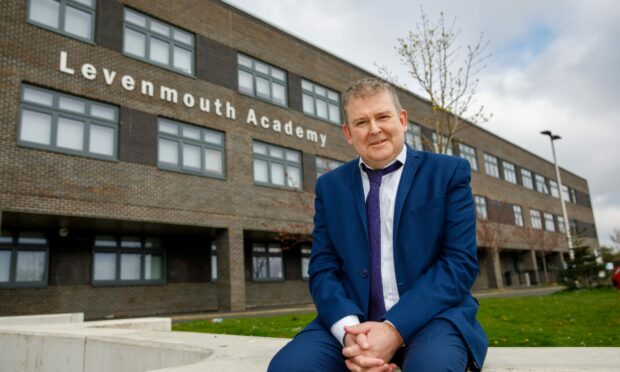
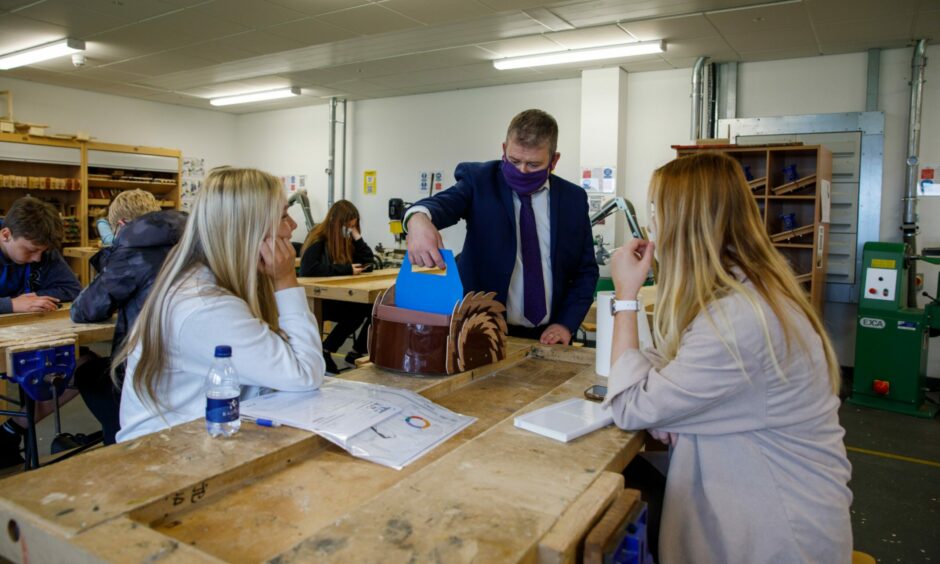
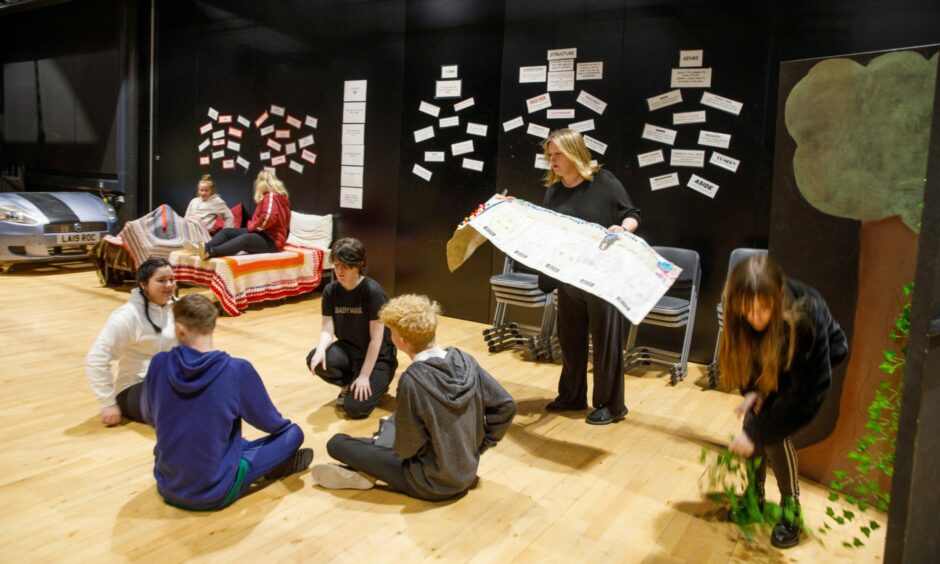




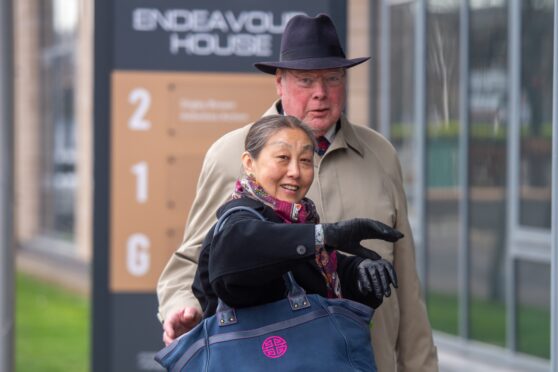
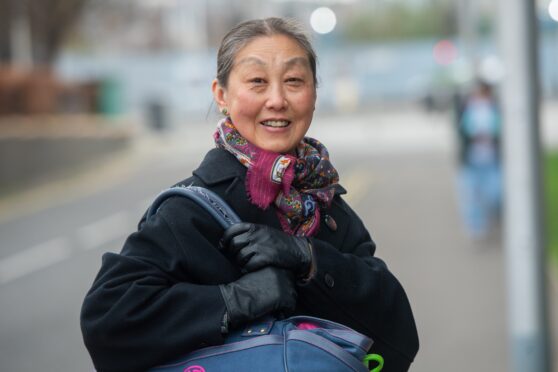




Conversation